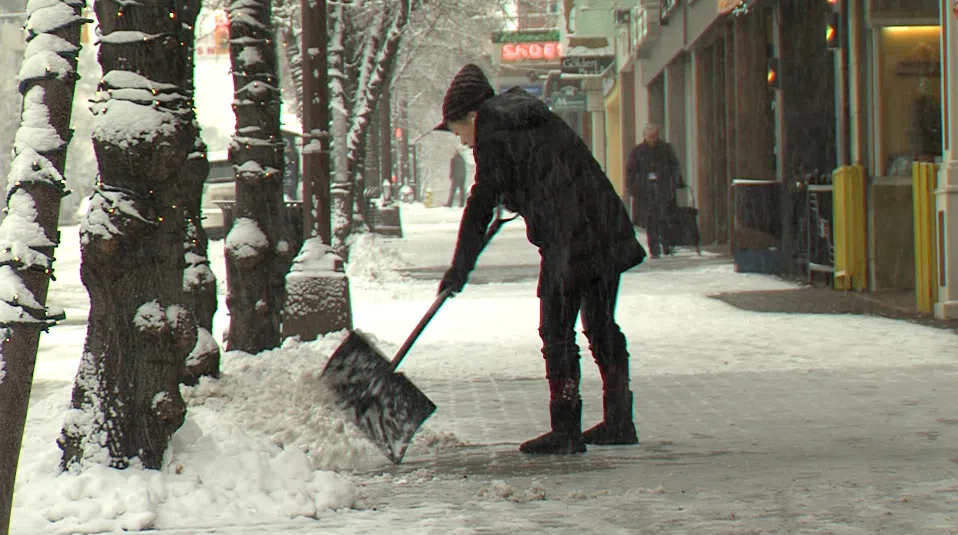
New year, old problems
KAMLOOPS — As of two days ago, we are back to slush. A walk to the library yesterday had me jump over soupy snow marshes, making me pay extra attention to the sidewalk. When you do, one thing that stands out is the garbage. A straw here, a wrapper there, a disposable cup here, another one there, lids included, half-revealed by the melting snow. A couple of blocks worth of garbage.
Then come the daily walks through Peterson Creek Park. If you go far enough on the trails, there’s little or no garbage. The main trail though and the portions of trails immediately adjacent to it suffer from the same garbage litter issue. Plus, dog poop, right on the trails. ‘Tis almost the season again when it all comes out, some bagged, some not, all equally disgusting, more so if you happen to step in it. If the past years are a good reference, the worst is yet to come, I know that much.
Moving down the list, there’s the visual references from people who went up to the grasslands recently. Driving along Lac Du Bois Road takes you to a place of wondrous beauty every time, no matter the season. We are ever so lucky to be so close to the grasslands, as they truly are a wonder. They cover less than 1 percent of British Columbia and are home to more threatened and endangered species than any other habitat, according to the Grasslands Conservation Council of BC. Nothing short of magical beauty, and right in our common backyard.
The ‘common backyard’ part is where the heartache starts. It’s where I go back to the recent photos and videos I came across on social media. Loads of garbage. From pizza boxes, to diaper boxes filled with garbage, to Christmas wrappings and more, it was all dumped by the side of the road in the grasslands (could be another wild space too, such as Greenstone Mountain.) This happens every year.


